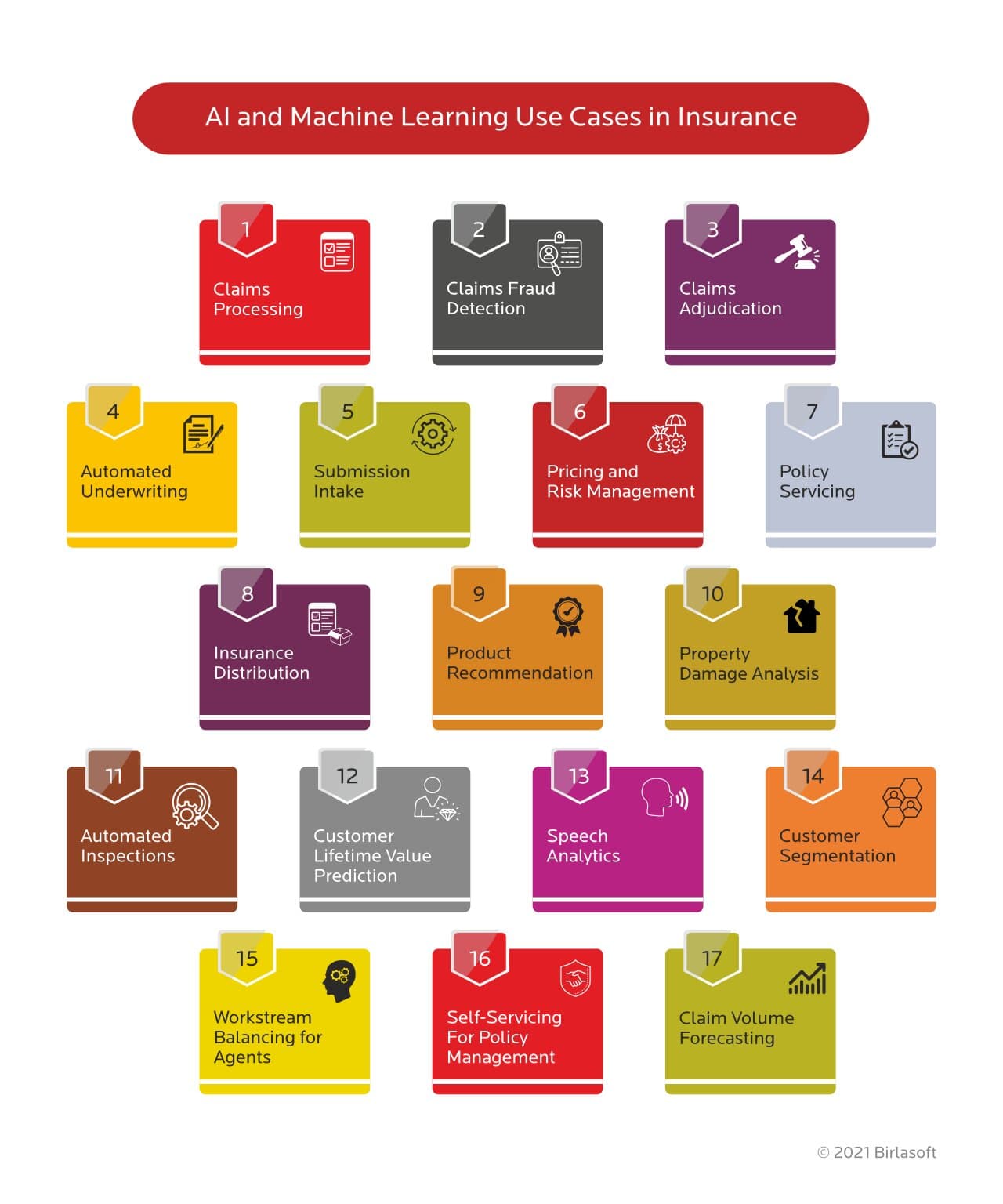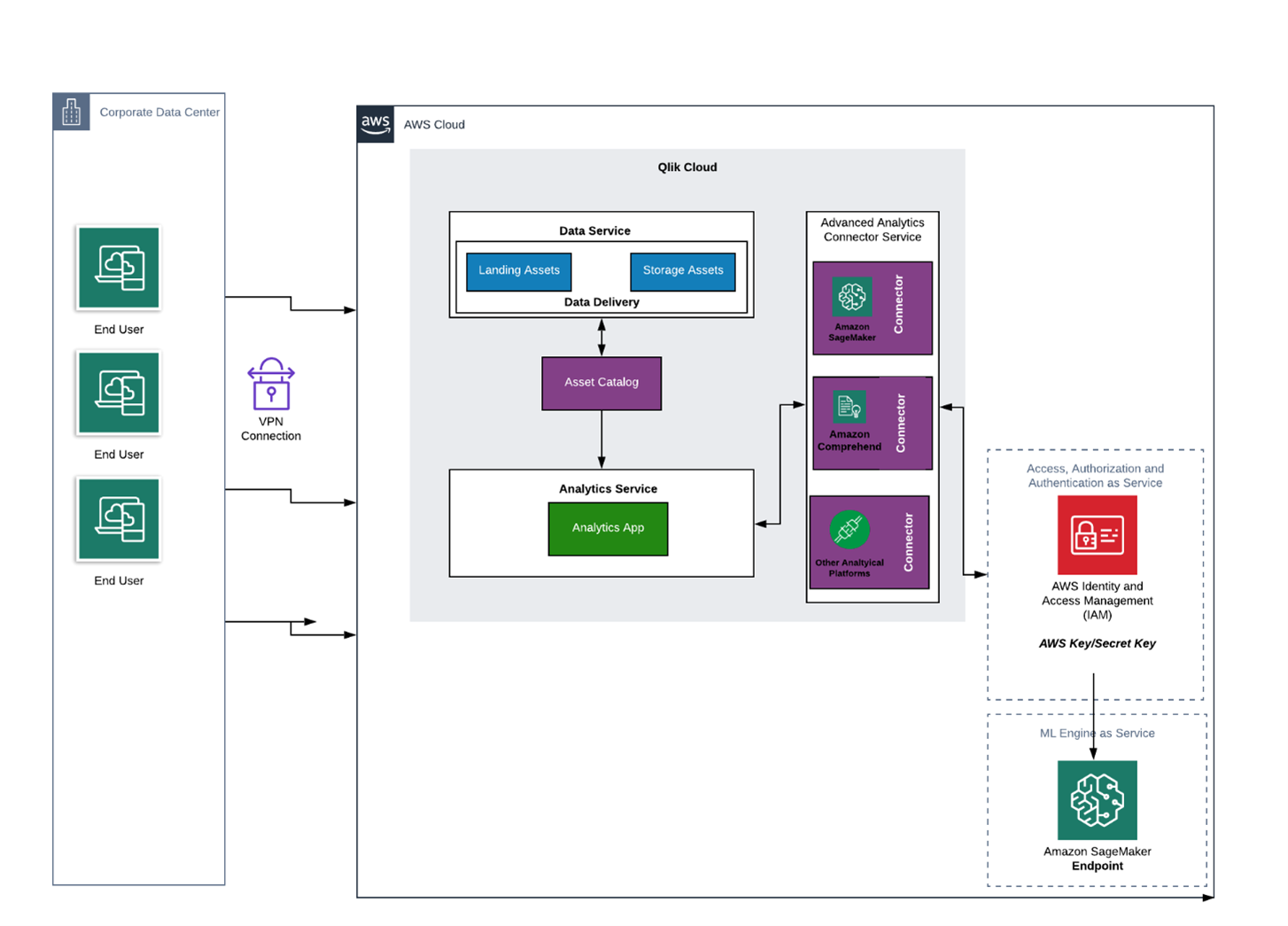
AI has many uses in the military, and can improve combat effectiveness and save people's lives. Drones, for example, can identify battlefield targets and provide assistance to warfighters. Drones can be used to guide smart weapons systems and reduce human warfighters. The military's use of AI to enhance combat effectiveness has enormous potential. However, it is crucial that this technology be evaluated carefully. We'll examine ethical concerns around AI in the military, and discuss how Congress will influence the future.
Future military ai development will be determined by Congress decisions
As artificial intelligence technology progresses, Congressional decision-making will play a major role in shaping future military development. As AI advances, rival military operations will be increasingly able to detect and respond to new situations. But is the US military going to benefit from AI in war? It is vital to point out that the United States Army is the largest military in the world. It will need to be able and willing to support allied or U.S. NATO mission and opportunistically teach.
DoD ethical AI guidelines need to be translated into common technical standard, evaluation metrics and enhanced coordination between industry and nontraditional suppliers. These systems should be trusted by the military. This is impossible if the AI isn't developed in a safe environment. In the same way, Congress should stress the importance of trustworthy AI in its decision-making. AI implementation is highly dependent on the trust between the human operator and the machine. This will require strong coordination among the Department of Defense and industry as well as other stakeholders.

Potential uses of AI in the military
Military AI is able to assist with decision-making. It can provide information to humans while they carry out these tasks. It can even replace human operators in whole decision-making processes. In the end, AI will improve human control over military and other systems. AI can make complex systems more difficult to understand. AI may not always perform as it is intended. Further, AI may not be transparent and cannot always be trusted.
Military AI systems, like other AI applications require access to data. Many AI systems learn from labeled data, which is created by humans. Although data sharing between companies is difficult, it's necessary for military AI system to have access large datasets. Thermal-imaging images is one example of such a data. In this instance, the expert system could identify the weapon systems depicted in the images. This AI type is likely to have many military uses.
Human involvement required
It is an ethical issue to decide whether autonomous weapons should be allowed in the military. The effectiveness or harm of such systems will depend on the nature and context of the adversary. While military commanders should have the final say, it is important that humans are involved in all phases of AI system development, from design to regulation. The rapidly expanding field of AI-based weaponry is a growing concern. Military leaders should be prepared to meet this threat. Military leaders must address the concerns of technologists and private sector, in addition to being prepared for future warfare.
While AI-based systems can enhance the capabilities of the U.S. military, they also pose new challenges. Although computers are sometimes considered smarter than human beings, they are unable to think critically, make informed decisions, or adapt in real time. These limitations make computers vulnerable to making mistakes, particularly in ambiguous circumstances. The Pentagon should design AI systems that are compatible with both human and machine strengths. AI-based systems should have higher human confidence.

Military ethics of ai
Many countries have expressed commitments to not develop or deploy fully autonomous weapons systems. However, the ethical problems of AI need to be considered. Let's not forget that AI can be used to fulfill the needs of the populace. There are two main ways to assess the ethical implications for using AI in military purposes: contract theory or utilitarian. Utilitarians weigh the possible well-being of their users to determine the best option. They also consider the possibility that AI might favor one side over the other.
In a hostile or non-belligerent setting, the general principles of justice may differ. The terms of justice in hostilities are defined by international humanitarian law and just warfare theory. These guidelines are intended to clarify and promote fairness and just conduct in the area of AI defence. These guidelines address ethical concerns associated with AI's indecipherability. These ethical questions will be further explored in the next section.
FAQ
Is AI possible with any other technology?
Yes, but not yet. There are many technologies that have been created to solve specific problems. All of them cannot match the speed or accuracy that AI offers.
How will governments regulate AI?
Governments are already regulating AI, but they need to do it better. They need to ensure that people have control over what data is used. Aim to make sure that AI isn't used in unethical ways by companies.
They should also make sure we aren't creating an unfair playing ground between different types businesses. If you are a small business owner and want to use AI to run your business, you should be allowed to do so without being restricted by big companies.
How does AI work?
An algorithm is a set of instructions that tells a computer how to solve a problem. An algorithm can be expressed as a series of steps. Each step must be executed according to a specific condition. The computer executes each step sequentially until all conditions meet. This continues until the final results are achieved.
Let's say, for instance, you want to find 5. One way to do this is to write down all numbers between 1 and 10 and calculate the square root of each number, then average them. This is not practical so you can instead write the following formula:
sqrt(x) x^0.5
You will need to square the input and divide it by 2 before multiplying by 0.5.
This is how a computer works. It takes your input, squares it, divides by 2, multiplies by 0.5, adds 1, subtracts 1, and finally outputs the answer.
Which industries use AI the most?
The automotive industry was one of the first to embrace AI. BMW AG uses AI, Ford Motor Company uses AI, and General Motors employs AI to power its autonomous car fleet.
Other AI industries include insurance, banking, healthcare, retail and telecommunications.
Statistics
- More than 70 percent of users claim they book trips on their phones, review travel tips, and research local landmarks and restaurants. (builtin.com)
- Additionally, keeping in mind the current crisis, the AI is designed in a manner where it reduces the carbon footprint by 20-40%. (analyticsinsight.net)
- By using BrainBox AI, commercial buildings can reduce total energy costs by 25% and improves occupant comfort by 60%. (analyticsinsight.net)
- That's as many of us that have been in that AI space would say, it's about 70 or 80 percent of the work. (finra.org)
- In 2019, AI adoption among large companies increased by 47% compared to 2018, according to the latest Artificial IntelligenceIndex report. (marsner.com)
External Links
How To
How to set up Google Home
Google Home is a digital assistant powered by artificial intelligence. It uses natural language processing and sophisticated algorithms to answer your questions. Google Assistant can do all of this: set reminders, search the web and create timers.
Google Home seamlessly integrates with Android phones and iPhones. This allows you to interact directly with your Google Account from your mobile device. Connecting an iPhone or iPad to Google Home over WiFi will allow you to take advantage features such as Apple Pay, Siri Shortcuts, third-party applications, and other Google Home features.
Google Home offers many useful features like every Google product. For example, it will learn your routines and remember what you tell it to do. So when you wake up in the morning, you don't need to retell how to turn on your lights, adjust the temperature, or stream music. Instead, just say "Hey Google", to tell it what task you'd like.
Follow these steps to set up Google Home:
-
Turn on your Google Home.
-
Hold the Action button in your Google Home.
-
The Setup Wizard appears.
-
Click Continue
-
Enter your email adress and password.
-
Register Now
-
Google Home is now available